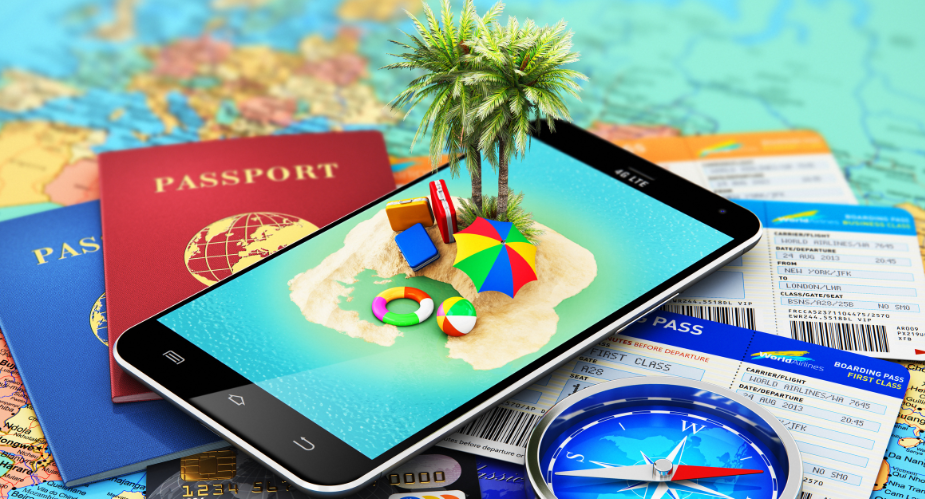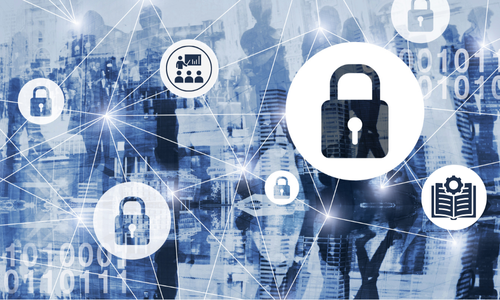Heading Off?
You’ve ticked off all your pre-vacation to-dos: arranged for a house sitter, found someone to watch your pets, and ensured everything at work is set. You’ve covered all the bases—or so you believe. But there’s one crucial aspect you might have overlooked. Cyber criminals are constantly waiting for their victims to let their guard down, which is exactly why vacation season is the prime time for their schemes.
As the time for your vacation rolls around, going the extra mile and making sure you are properly educated and prepped regarding your cyber security goes a long way. Vacations are all about kicking your feet back and relaxing, but falling for a scam can turn that much needed break into a nightmare.

1. Backup Data
Make sure you backup all your important data such as photos, documents, and contacts to a secure location such as an external hard drive or cloud storage. Having backups ensure in the event of loss, theft or damage to your devices you will not lose any valuable information.
2. Locks & Passwords
While ensuring you have strong passwords is always considered best practice, while traveling you may be subjected to unfamiliar Wi-Fi networks, access unfamiliar websites or rely on shared computers. Additionally, if your devices are lost or stolen during your trip you want to make sure to create a strong barrier against breaches.
3. Location Sharing
While you may be excited to update your social media followers of your whereabouts while on vacation, it is not considered the best practice as it not only can compromise your physical security but also make you susceptible to targeted cyber-attacks. Cyber criminals can use your location to not only tailor social engineering schemes towards you but also your family members. For example, cybercriminals could exploit information gathered from your social media profiles to impersonate you convincingly, using your location as proof of their authenticity.
4. Stay Aware of Phishing
If details about your vacation location or activities become public knowledge, whether through social media or other channels, it can equip cybercriminals with the ammunition they need to deceive you into handing over personal or financial information. While this should also apply in everyday life, it’s important to remember you cannot let your guard down no matter how relaxing the beach may be. If you receive any emails, texts, or even phone calls from your hotel or travel related services requesting personal information or prompting you to click on links, be sure to follow cybersecurity best practices before assuming it is the real deal.
5. Public Wifi
Often, hackers use public Wi-Fi or hotspots to gather individuals’ sensitive data. When traveling this may be the only option available in hotels, cafes, or even transportation. When traveling disable Wi-Fi from automatically connecting and if possible, always make sure you use your own network connection or have a VPN.
6. Physical Security
Be sure to keep your devices physically secure while staying in hotel rooms, resorts, transportation and excursions to help prevent physical theft and resulting data breaches. Never leave your devices unattended and make sure they are only accessible to your person. Set up “find my phone” features as an extra precaution.
7. Stay Updated
Keeping your device’s operating system and its applications updated will improve your security. Before traveling, make sure your devices are up to date and equipped with the latest security patches
Knowing that you have taken the proactive steps towards a cyber secure vacation should allow for you to enjoy a relaxing summer vacation. As always, do not hesitate to reach out to CATS Technology if you are concerned of a cyber security incident.





